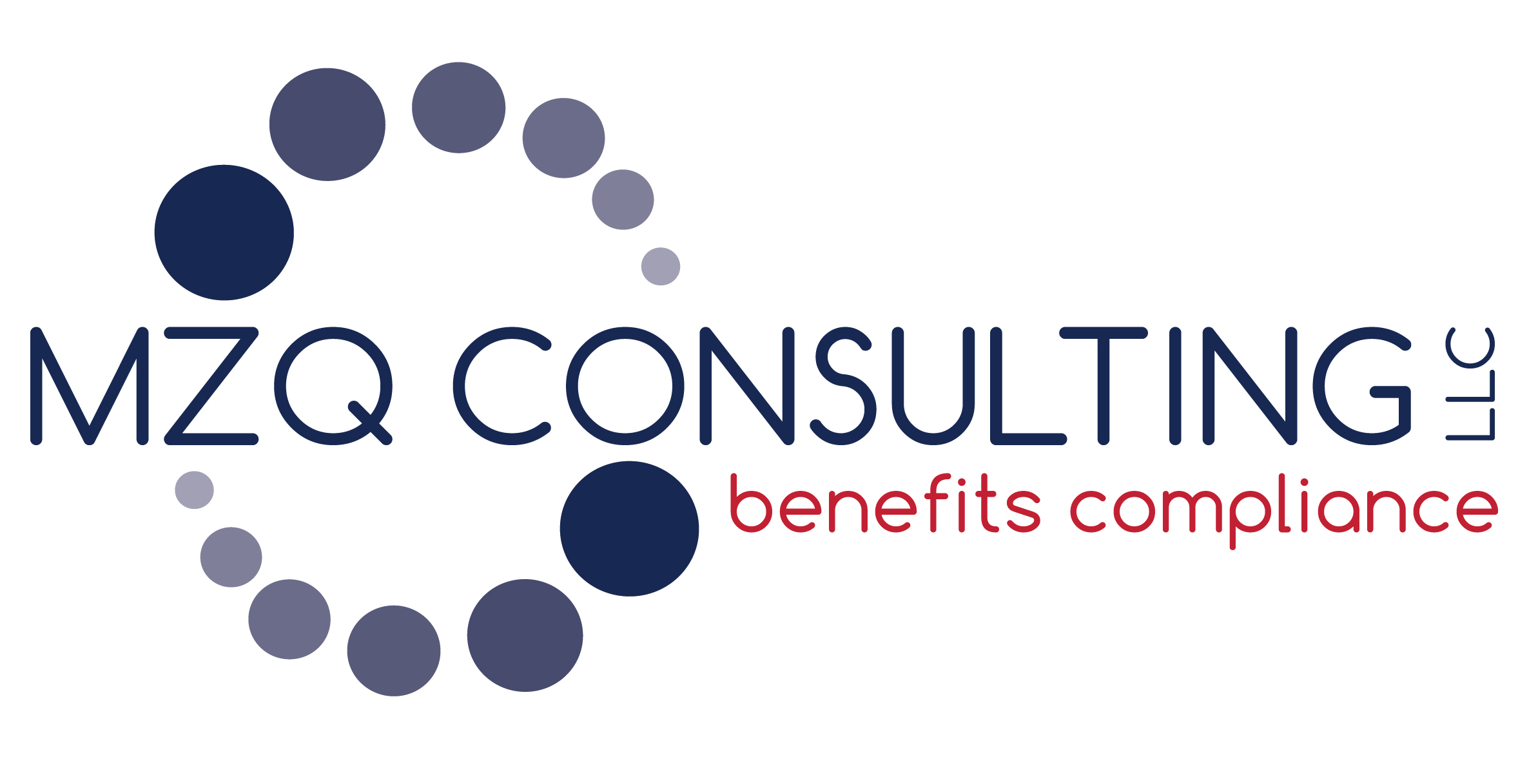In today’s fast-paced work environment, the core values of collaboration, psychological safety, and professional growth are more than buzzwords—they’re the bedrock of a company culture that drives employee retention, engagement, and satisfaction. When people feel valued, understood, and part of a team, they’re more likely to stay, thrive, and contribute to their fullest potential.
However, industry jargon is a subtle yet pervasive barrier that can undermine these values.
At first glance, industry-specific terms and acronyms might seem like harmless shorthand, a way for professionals to communicate complex ideas quickly and efficiently. But look closer, and it becomes evident that jargon can be a gatekeeping mechanism, sidelining those who aren’t “in the know” and creating an unintended hierarchy of understanding. It affects everyone who might not be familiar with the latest lingo, whether they’re newcomers, transitioning from other fields, your prospects, or your clients. 
Jargon doesn’t equate to expertise
Knowing jargon doesn’t mean you’re an expert, nor does not knowing it diminish the value of your contributions. True expertise lies in understanding concepts and being able to apply them, not in decoding an alphabet soup of mysterious acronyms.
When simple ideas are cloaked in specialized language, it makes them seem more complex than they are and creates barriers for those interested in joining the conversation. This exclusivity can stifle the collaboration and personal growth companies strive to cultivate.
If the goal is to create an organization that champions collaboration, inclusivity, and the continuous professional development of its team members, it’s time to rethink your reliance on jargon. This doesn’t mean banning it outright but rather adopting a more mindful approach to communication. If you use industry-specific terms, take a moment to explain them. Incorporate this language into company training if it’s essential, but also dismantle the stigma around asking, “What does that mean?” in meetings and conversations.
This practice ensures everyone is on the same page and fosters an environment where questions are welcomed and learning is part of the process. Explaining concepts in plain language to the whole team demystifies information and cultivates a culture of mutual education and respect. It sends a powerful message: It’s okay not to know everything.
Level the playing field
Learning to articulate complex ideas in an accessible way to those outside your immediate field is good practice and essential for building quality client relationships and an inclusive workplace. It prevents alienation and the feeling of being “less than” among team members who might not be familiar with specific terms. Prioritizing clear, thoughtful, and inclusive communication helps everyone feel valued and capable of contributing.
This doesn’t just apply to our internal company culture. When we get wrapped up in using industry-specific language, we risk alienating the very people we’re trying to sell to. Imagine being a prospective client in a meeting, trying to figure out if you want to buy a product, and the salesperson you’re talking to sounds like they’re speaking a different language. You’d feel overwhelmed and unprepared to ask the right questions. Language that gatekeeps people from understanding simple concepts will act as a barrier, making it challenging to create client relationships built on trust and transparency.
Choose your words carefully
Remember, even the so-called experts don’t know all the acronyms. The landscape of any industry is constantly evolving, with new terminology always cropping up. By choosing to communicate in a way that is inclusive and accessible, we break down barriers and open a world of possibilities for collaboration, innovation, and growth.
The journey toward building an inclusive workplace is ongoing and multifaceted, but one of the simplest steps is to be more mindful of our language. Ditching the jargon—or at least pausing to explain it—can profoundly impact company culture. It encourages a more collaborative, supportive, and engaging work environment where everyone can learn, grow, and contribute. Commit to communication that includes everyone, fosters understanding, and celebrates the diverse perspectives that fuel innovation and success.
After all, the strength of a team lies not in its jargon but in its people and their shared commitment to clear, inclusive, and meaningful dialogue.
Content provided by Q4intelligence
Photo by pitinan


